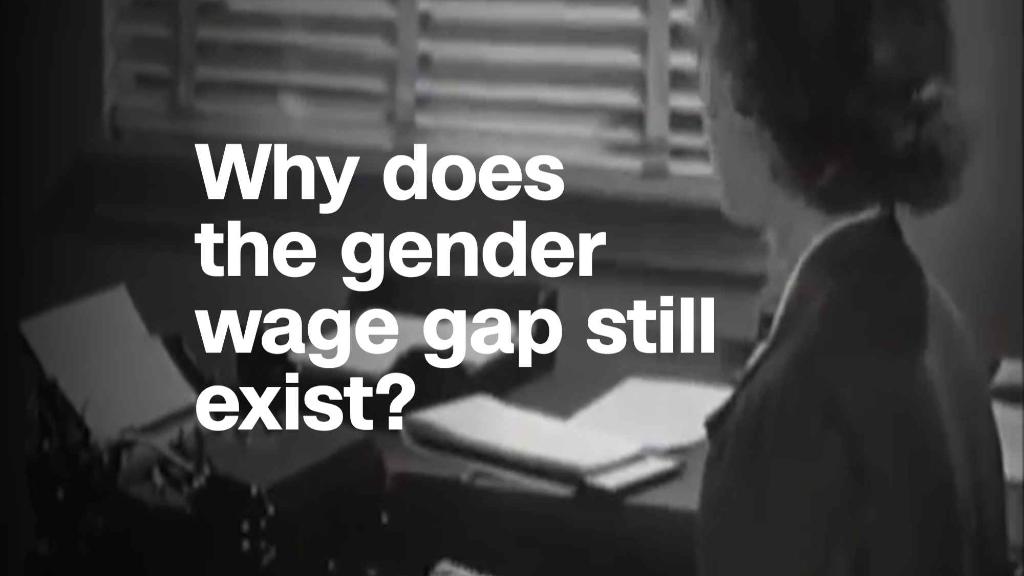
You know the stats: Women make less than men. A lot less.
But some things can help fix that. Workplaces can be more transparent when it comes to pay. Potential employers can stop asking job candidates about salary history. And, of course, women can ask for more.
Bossed Up founder and CEO Emilie Aries encourages women to negotiate, but she admits it's sometimes not enough to reverse systemic bias.
"At the end of the day, it's hard to pinpoint when gender and race and age and all those unconscious biases come in to ruin a negotiation," she says.
Related: Why asking about salary history can hurt women's careers
Research shows the gender pay gap starts in high school. Even when teenagers are negotiating money for babysitting, boys are more effective than girls. When girls ask, they're frequently paid less.
"A lot of these girls feel the pressure," says Yasemin Besen-Cassino, who interviewed teenage workers for her new book, "The Cost of Being a Girl." "Some of them said, 'I'm a woman's studies major. I took classes on this. I'm supposed to do this.' But they're also discouraged."
Besen-Cassino thinks part of this inequality comes from the power of boys' networks. Their peers tell them to ask for a certain amount, so they do, while girls are frequently guessing at what feels "fair." But she also says some of this comes from the top down, when decision-makers deliberately give boys more negotiating power.
This happens even with 14-year-olds and their first jobs. Parents will tell girl babysitters, "We pay $10 an hour." But when it comes to boy babysitters, they'll leave the door open for boys to ask for more.
Related: What happens when women know how much other women make
In some cases, this socialization extends to outright discrimination. In another study with adults, women were actually lied to during salary talks.
But there's a way to better reward women for stepping up to the negotiating table, says Laura J. Kray, professor of leadership at University of California at Berkeley. Standardizing job levels, and making the salaries more discoverable, lifts the veil of secrecy that perpetuates these divides. And it levels the playing field for everyone, not just women.
"We focus so much on women, but as somebody who's been teaching negotiation, I can tell you, I get the men in my office hours as well, struggling through their negotiations," Kray says. "We just don't talk about it."
Besen-Cassino encourages organizations to change their processes. Reexamining how they conduct negotiations can take the pressure off women.
"There is a lot of hope for them if we shift the burden away from the individual workers and to the institutions," she says. "Rather than having workshops for women, maybe have workshops for HR departments so they can correct for their biases."
Aries says even when negotiating didn't always go her way, she didn't regret learning more from the process.
"The more women talk about negotiations, especially failed negotiations, the more we can acknowledge this isn't a silver bullet," she says.
